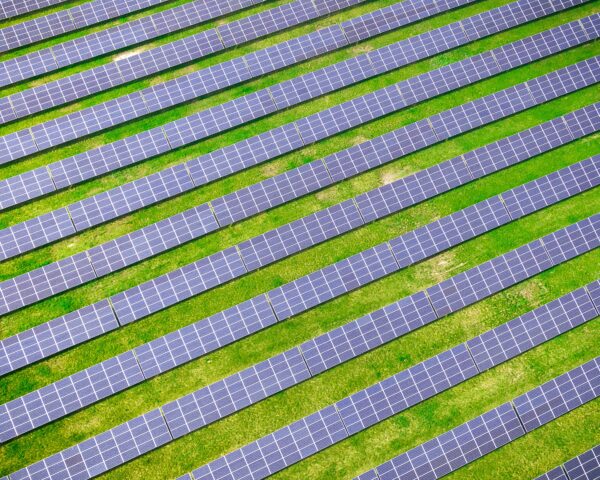Search Results for "oil"

Article
Apr 02, 2024
Romania's OMV Petrom has launched an engineering, procurement and construction…
Filter Results

This website uses cookies to anonymously count visitor numbers. View our privacy policy.
The cookie settings on this website are set to "allow cookies" to give you the best browsing experience possible. If you continue to use this website without changing your cookie settings or you click "Accept" below then you are consenting to this.